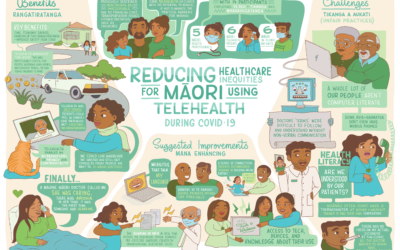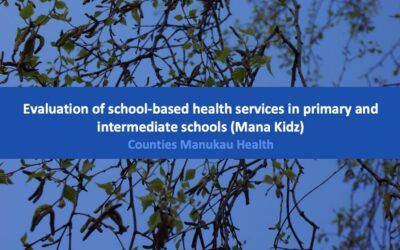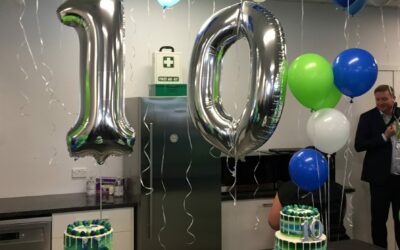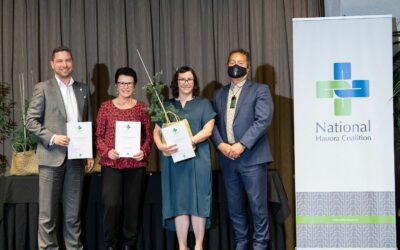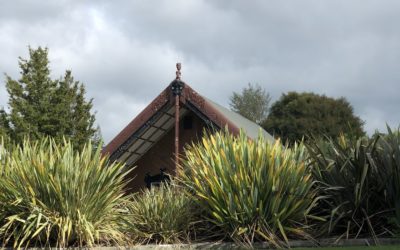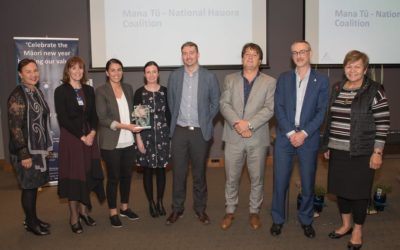Alan Perrott delves into a kaupapa Māori approach to maternity care in general practice
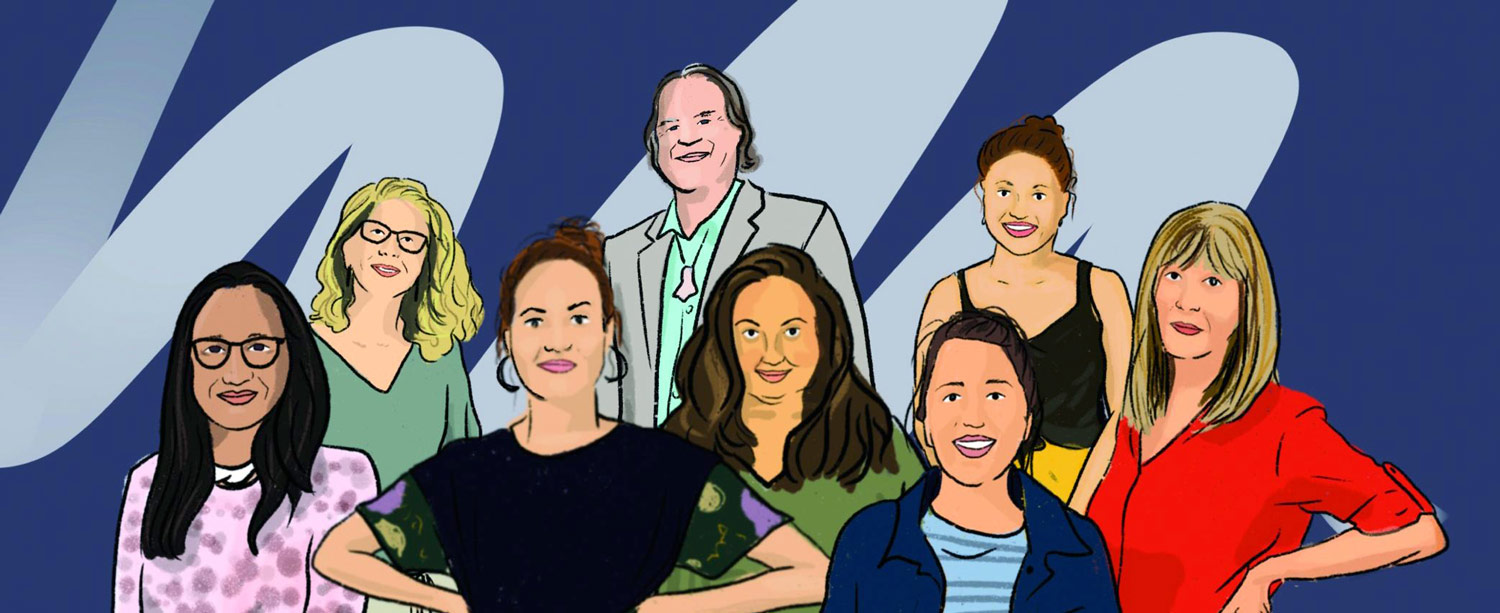
Key points
- Best Start, from the National Hauora Coalition, provides prompts for general practice for care of hapū māmā.
- Consultations covered are early assessment at confirmation; second trimester; and the six-week postpartum pēpi and māmā checks.
- Whanganui Regional Health Network and ProCare Health PHOs are rolling the electronic resource out to their practices.
Positive shift in the provision of care for hapū māmā
The National Hauora Coalition’s Best Start pregnancy assessment tools are a “rocket fuelled” shift in the provision of care to hapū māmā, Whanganui GP John McMenamin says.
“It’s a change from what you might call a deficit approach to a strengths-based approach to providing healthcare, and I think that is a significant shift in action,” says Dr McMenamin, clinical director of local stop smoking service Ngā Taura Tūhono.
He says coalition clinical director Rawiri McKree Jansen has expanded on existing systems “and added rocket fuel in behind them.”
The tool should encourage more Māori women to see their GP early in pregnancy:
“It will be known as a place where you will receive a positive response and appropriate knowledge and skill.
The prompts make the right thing to do the easy thing to do”
About Best Start
The four Best Start kōwae (modules) are central to the Generation 2040 project launched by the coalition on 17 July.
Via the practice’s electronic record, each module walks the GP through assessing a patient’s pregnancy, and prompts questions, including whakapapa, as the consultation progresses.
Modules cover early assessment at confirmation; second trimester; and the six-week postpartum pēpī and māmā checks.

Positive uptake and feedback from GP’s
About 120 practices, mostly in the northern region, are using Best Start, and Whanganui Regional Health Network and ProCare Health PHOs are rolling it out to their practices. Dr McMenamin says the system has been trialled at Gonville Health in Whanganui, and is getting positive feedback.
He heard from a young mother who attended the clinic with her child. She didn’t present to discuss her pregnancy but, when the subject came up, the attending nurse took her through the process, arranged for bloods to be taken and followed up with a phone call. The young woman felt taken seriously as a hapū māmā, found the nurse knew what she was doing, and said it gave her confidence in what the clinic could do for her and the baby. So she accepted going to general practice is the right thing to do.
“She then went and told her friends, which is a lovely thing to hear, because this is our priority group.”
Dr McMenamin says as the approach includes discussing the risks of smoking and substance abuse with māmā, it could also reduce their uptake.
“That’s the quantum leap that comes with these [modules]. It’s not just the concept, it’s the way the assessment is presented, it empowers the māmā, and that process will inevitably produce better outcomes.”
A new standard for up-to-date best practise
Swanson GP Wikitoria Gillespie says Best Start will standardise up-to-date care.
“The more long-in-the-tooth GPs like me have a way of doing things,” she says, “but new things arise and best practice changes all the time, so I love how this tool links to all that.”
“We’d all like to think we do a perfect job, but the prompts make sure you cover issues you may not remember to touch on during early assessments.”
She recently saw a middle-aged Pākehā wahine and felt a jolt when Best Start prompted her to ask about partner abuse:
“That’s just not something I would normally ask, but it was a great reminder that you should never assume…[the patient] is fine.”
Dr Gillespie says the prompts provide a way to ask tricky questions about drugs and alcohol, home environment and mental health.
“So, the questions have brought up stuff like ‘yeah, I had a massive haemorrhage with my third baby’ when a mother was in for her seventh.”
Dr Gillespie recommends involving a nurse in collecting the patient’s historical information.
“Think about it as a team, the nurse gathers the history, then the tool will ag the things you (the GP) need to do.”
Great potential, but access to those who need it key
Dr Jansen says he is excited about the tool’s potential, but is also wary it could worsen inequity if those with the most need do not get access to it.
“To do that, we need to be determined and relentless to reach those made vulnerable by the social determinants of health.”
“Then the prompts make the right thing to do the easy thing to do, which means those in need can be directed to the services and resources that can make a difference.
“Right now, pregnant wāhine are less likely to be linked to a lead maternity carer than non-Māori, and be referred for antenatal education, prenatal education and support programmes. Hopefully this can contribute to better equity and access to care.”
A 200th anniversary goal for equity in Healthcare
Generation 2040 is aimed at raising a cohort who can celebrate the 200th anniversary of the signing of Te Tiriti o Waitangi having experienced equal access to healthcare.
Dr Jansen says practices are offered a small incentive payment for providing the data from each consultation.
He says the ability of primary care to offer wraparound services to vulnerable patients is still a long way off, “but this is a step in the right direction.”
“If we are going to do something remarkable to mark 200 years, this is an interesting place to start that journey.”
Funding for the Best Start programme expires in April 2021 and the coalition is seeking new sources.
“But the data will be king,” Dr Jansen says. “If we can show this tool provides better outcomes, then it’s got a life. If not, then it won’t survive
This article was originally written for nzdoctor.co.nz by Alan Perrott and is published with permission.
Read the original article here
For more information about the Gen2040, visit their website: https://www.gen2040.co.nz/


